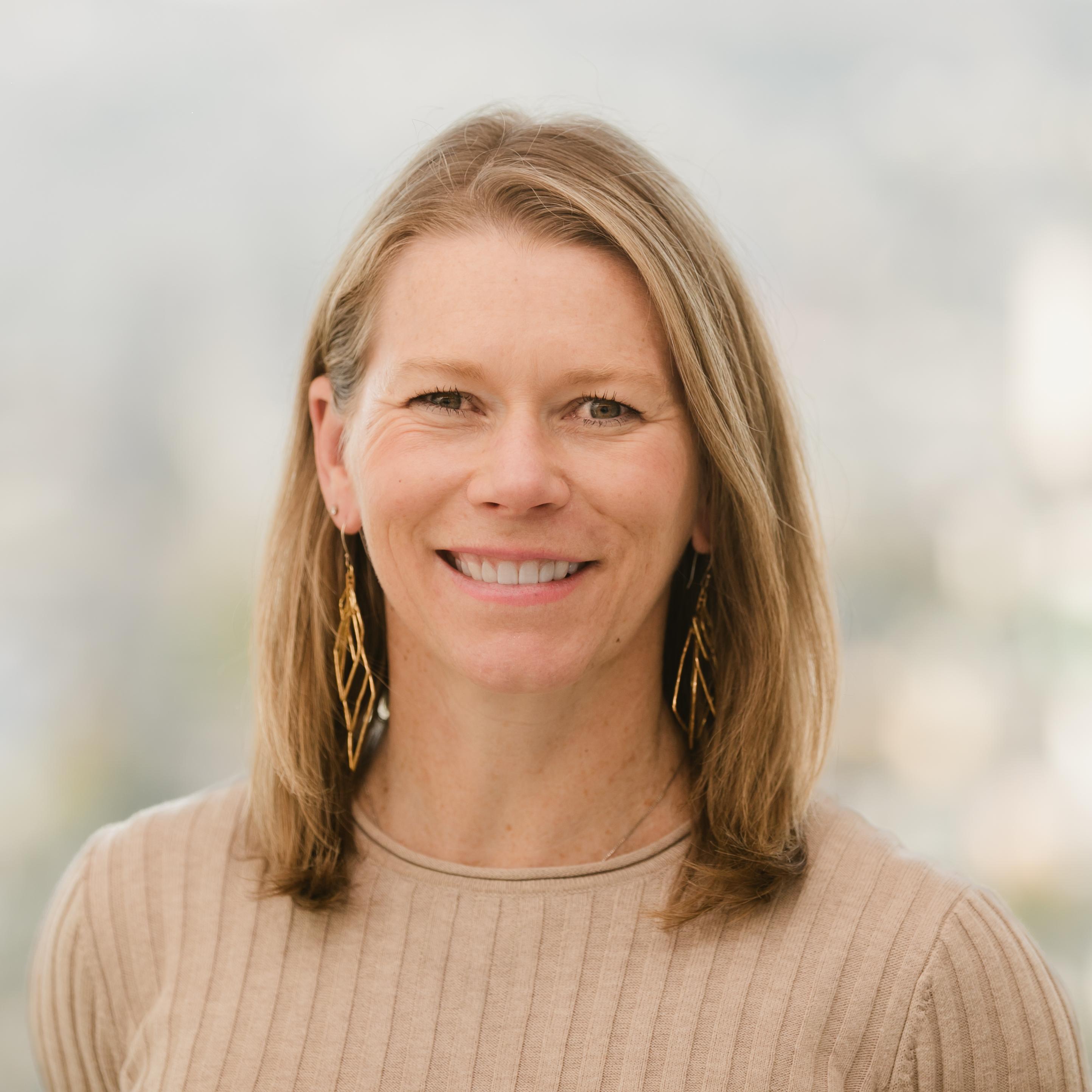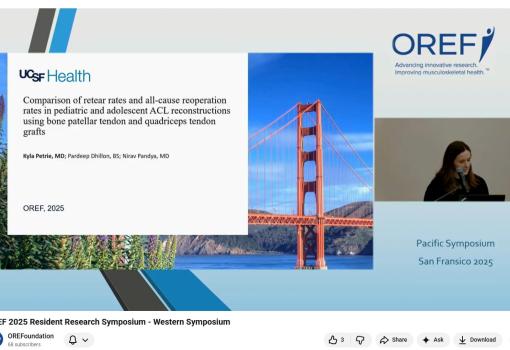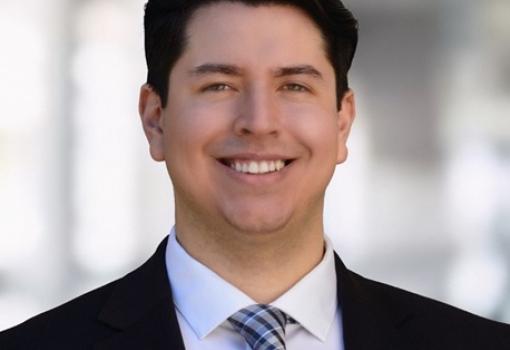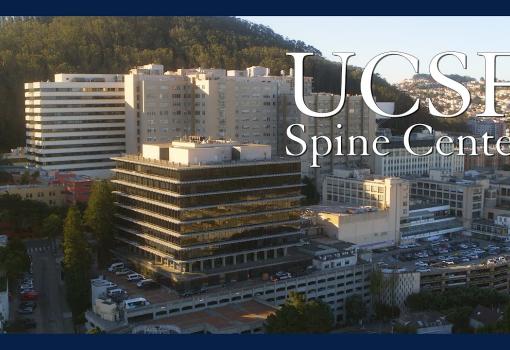Chelsea Bahney, PhD

Chelsea Bahney, PhD
San Francisco CA 94110
Publications
Awards and Honors
Grants
- Bimodal therapeutic application of LIF for regulating chondrogenic fate
2017-07-01 - 2018-07-01
UCSF Center for Center for Musculoskeletal Biology and Medicine
Role: PI
- Promoting vascularized bone regeneration with endochondral cartilage grafts
2015-06-01 - 2018-01-01
AO Foundation Start Up Grant
Role: PI
- A Murine Model of Polytrauma: Understanding the molecular basis of accelerated bone repair with concomitant traumatic brain injury.
2015-05-01 - 2017-12-31
NIH R21
Role: Co-Investigator
- Innervation during fracture repair: exploring functional mechanisms and innovative therapeutic repair strategies.
2015-10-01 - 2017-10-01
Foundation of Orthopaedic Trauma
Role: PI
- Development of a Novel Impedance Sensor to Monitor Fracture Healing
2014-08-01 - 2017-08-01
NSF Center for Disruptive Musculoskeletal Innovation
Role: Co-PI
- OsteoNova: Tissue Engineering Approach to Translating Endochondral Bone Regeneration
2015-03-01 - 2017-06-30
UCSF Catalyst
Role: PI
- Tissue engineering application of endochondral ossification for bone regeneration
2012-03-01 - 2015-02-28
NIH F32AR062469
Role: Principal Investigator
- Therapeutic Application of Painless Nerve Growth Factor to Accelerate Endochondral Fracture Repair
2021-09-21 - 2026-07-31
NIH R01AR077761
Role: Principal Investigator
- Dual-Delivery of Bioactive and Anti-Microbial Nanowires for Accelerated Bone Repair
2024-08-01 - 2026-07-31
NIH/NIAMS 3R01AR077761-04S1
Role: Principal Investigator
- Identifying the superior Ossification Pathway for tissue-engineered Approaches to Long Bone Repair
2024-07-01 - 2026-02-28
NIH R01 AR079211
Role: Co-Investigator (PI: Leach)
- Neurogenic hydrogel stimulation of stem cells to regenerate radiation-damaged salivary glands
2024-02-01 - 2026-01-31
CIRM TRAN1-15330
Role: Project Manager
- Improved Tools for Accessing Pain Following Fracture and Enabling Standardized Pain Phenotyping
2023-09-01 - 2024-07-31
NIH/NIAMS 3R01AR077761-03S2
Role: Principal Investigator
- Understanding the contribution of senescent cells to rate of fracture repair
2021-12-01 - 2024-05-31
OREF Airiest Foundation TAF-21-059)
Role: Principal Investigator
- Center for Dental, Oral, and Craniofacial Tissue and Organ Regeneration (C-DOCTOR) – (A135216)
2017-05-01 - 2026-04-30
NIH U24DE029463
Role: Multi-PI of a Interdisciplinary Translational Project
- Evaluation of senolytic therapy to address age-related delay in fracture healing and reduce pain sensitization.
2021-12-01 - 2024-07-31
Orthopaedic Trauma Association OTA
Role: Principal Investigatory
Education
| Post-Doctoral Fellowship | University of California, San Francisco | 04/2014 | |
| PhD | Oregon Health & Science University | 08/2010 | |
| Valleylab (now Medtronic) | 08/2005 | ||
| BS | University of Colorado | 06/2001 |
About Chelsea Bahney, PhD
My long-term research goal is to develop translationally relevant therapies or diagnostics that improve health. Specifically, my academic research lab focuses on the central process of endochondral ossification, which is the mechanism of indirect bone formation by which cartilage transforms into bone during embryonic development, postnatal growth, fracture healing, and osteoarthritis. My research efforts into the fate of chondrocytes during endochondral fracture repair have contributed to a significant paradigm shift in the field’s understanding of how chondrocytes directly contribute to bone regeneration.
More recently I have also developed robust funding to investigate the role that crosstalk with the nervous system plays in tissue regeneration. Within the orthopaedic space, my lab is investigating how neuropeptides contribute directly to bone healing and interact with pain signaling. I have also developed an NIH and CIRM funded partnership with Dr. Sarah Knox to look at how the nerve leads to salivary gland regeneration. Building from these mechanistic advancements, we are integrating novel bioactive material platforms to therapeutically stimulate tissue-nerve crosstalk.


